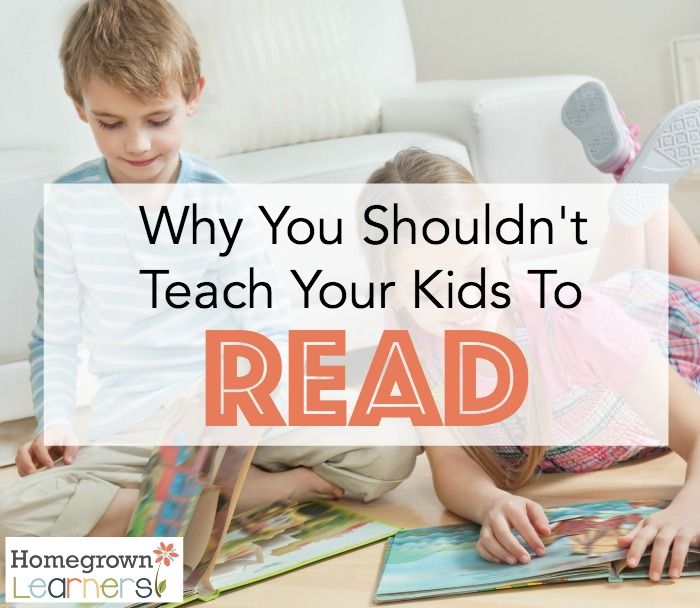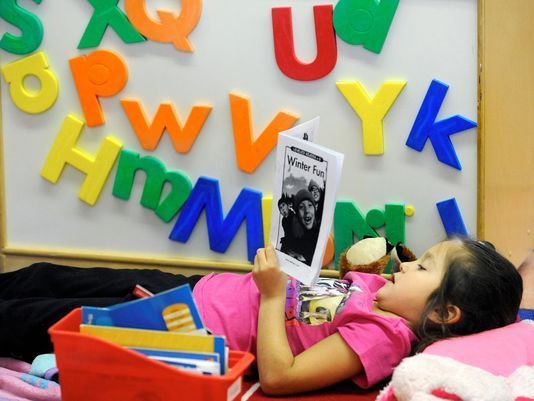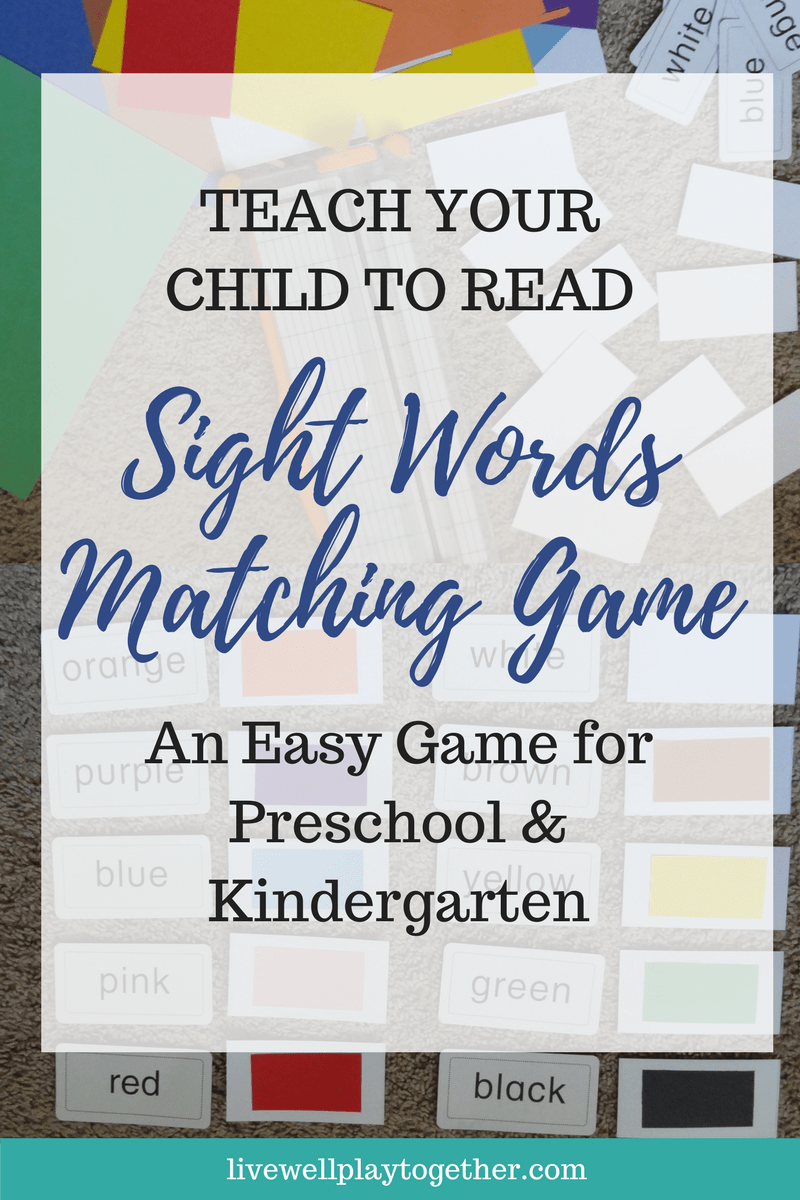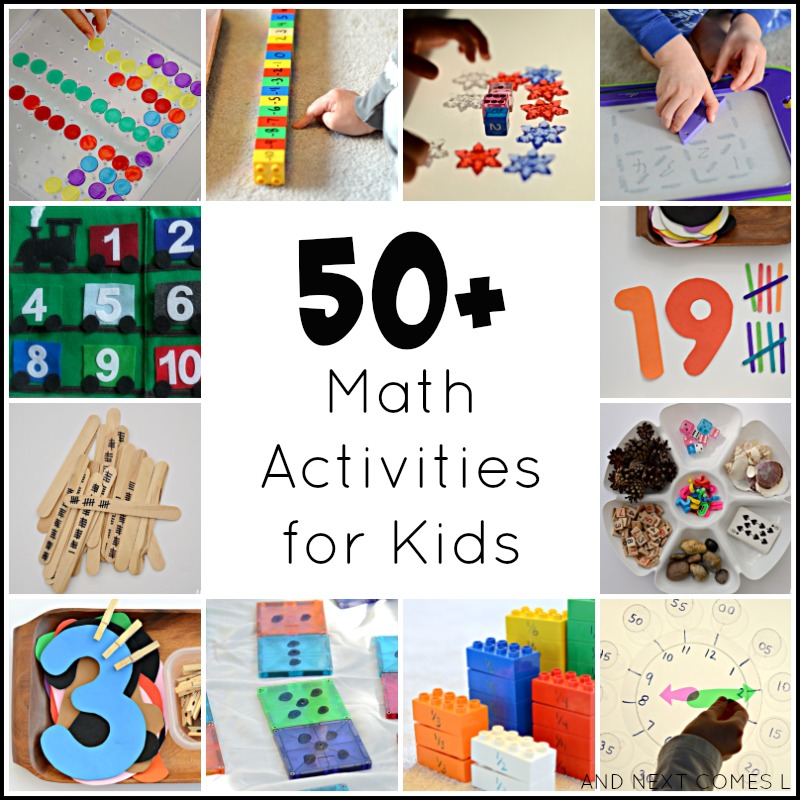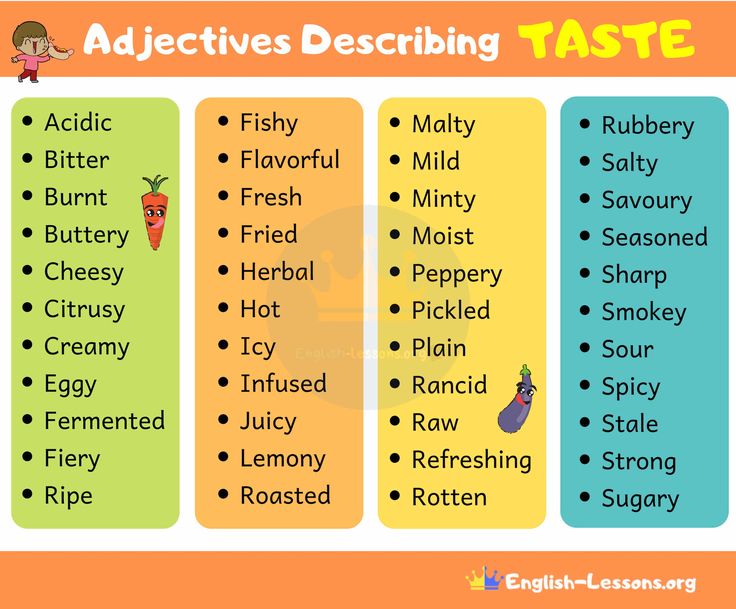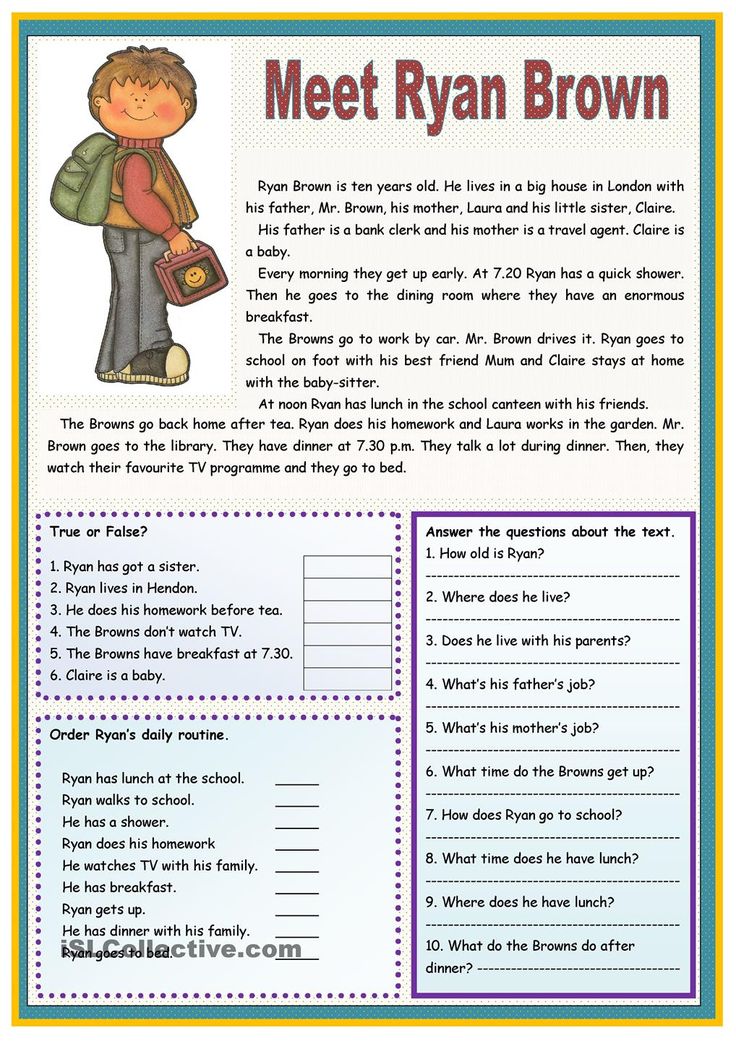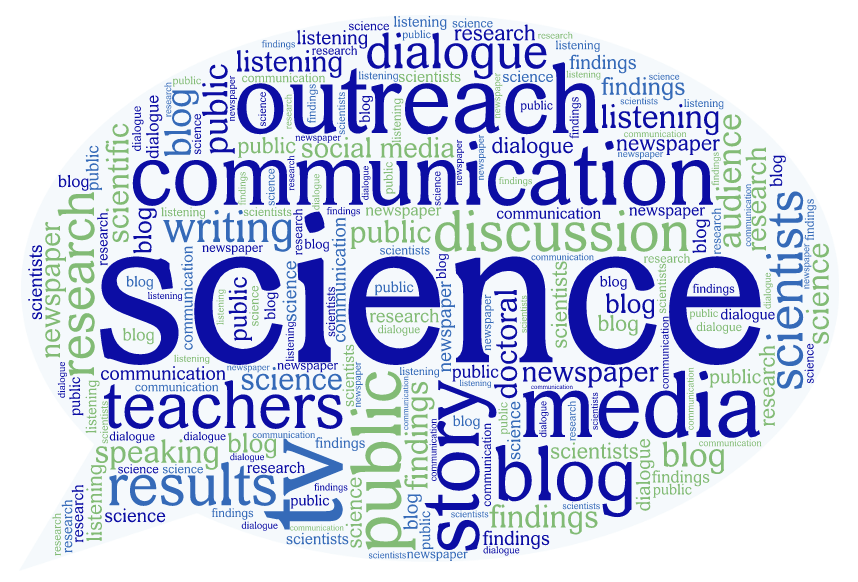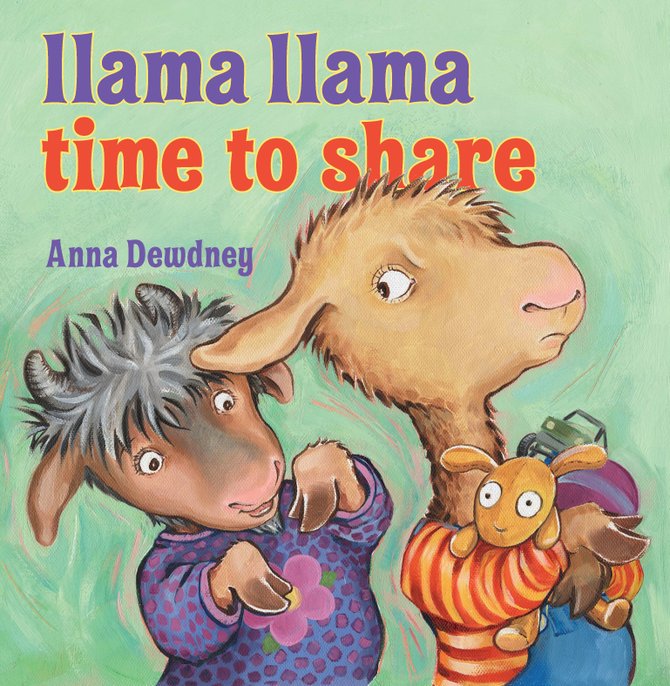Why read to your children
Benefits & Importance of Reading to Children
Blog
03/03/2017
It’s undeniable that a child’s reading skills are important to their success in school, work, and life in general. And it is very possible to help ensure your child’s success by reading to them starting at a very early age. Continue reading to learn more about the top benefits of reading to children and how reading can support them for the future.
7 Benefits of Reading to Children
Whether you’re reading a classic novel or fairy tales before bed, reading aloud to children can significantly benefit your child’s life. Some benefits reading to children include:
- Supported cognitive development
- Improved language skills
- Preparation for academic success
- Developing a special bond with your child
- Increased concentration and discipline
- Improved imagination and creativity
- Cultivating. lifelong love of reading
Reading to young children is proven to improve cognitive skills and help along the process of cognitive development. Cognitive development is the emergence of the ability to think and understand; it’s “the construction of thought processes, including remembering, problem solving, and decision-making, from childhood through adolescence to adulthood” (HealthofChildren.com). It refers to how a person perceives and thinks about his or her world through areas such as information processing, intelligence, reasoning, language development, attention span, and memory.
When you begin reading aloud to your child, it essentially provides them with background knowledge on their young world, which helps them make sense of what they see, hear, and read. In fact, many educators and researchers postulate that “It is the talk that surrounds the reading that gives it power, helping children to bridge what is in the story and their own lives,” rather than just the vocalization of the words. Introducing reading into your young child’s life, and the conversations that it will prompt, helps them to make sense of their own lives, especially at a young age.
Consider this excerpt from a study on toddlers’ cognitive development as a result of being read aloud to:
“A child care provider reads to a toddler. And in a matter of seconds, thousands of cells in these children’s growing brains respond. Some brain cells are ‘turned on,’ triggered by this particular experience. Many existing connections among brain cells are strengthened. At the same time, new brain cells are formed, adding a bit more definition and complexity to the intricate circuitry that will remain largely in place for the rest of these children’s lives.”
Therefore, the more adults read aloud to their children, the larger their vocabularies will grow and the more they will know and understand about the world and their place in it, assisting their cognitive development and perception.
Improved language skillsReading daily to young children, starting in infancy, can help with language acquisition, communication skills, social skills, and literacy skills.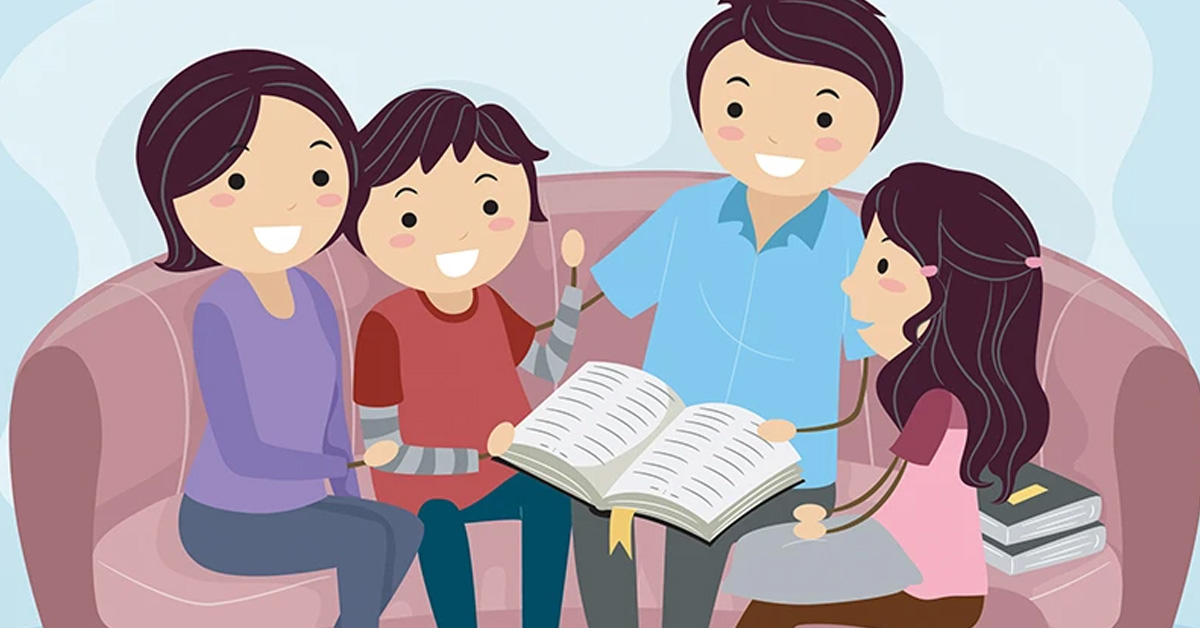 This is because reading to your children in the earliest months stimulates the part of the brain that allows them to understand the meaning of language and helps build key language, literacy and social skills.
This is because reading to your children in the earliest months stimulates the part of the brain that allows them to understand the meaning of language and helps build key language, literacy and social skills.
In fact, a recent brain scan study found that “reading at home with children from an early age was strongly correlated with brain activation in areas connected with visual imagery and understanding the meaning of language” (TIME.com)
These cognitive skills and critical thinking skills are especially important when you consider that, according to the American Academy of Pediatrics, more than one in three American children start kindergarten without the skills they need to learn to read. About two-thirds of children can’t read proficiently by the end of the third grade.
Furthermore, while a child will be able to latch onto vocabulary and language he or she hears around him or her, introducing reading into their auditory learning provides another benefit: it introduces the language of books, which differs from language heard in daily life.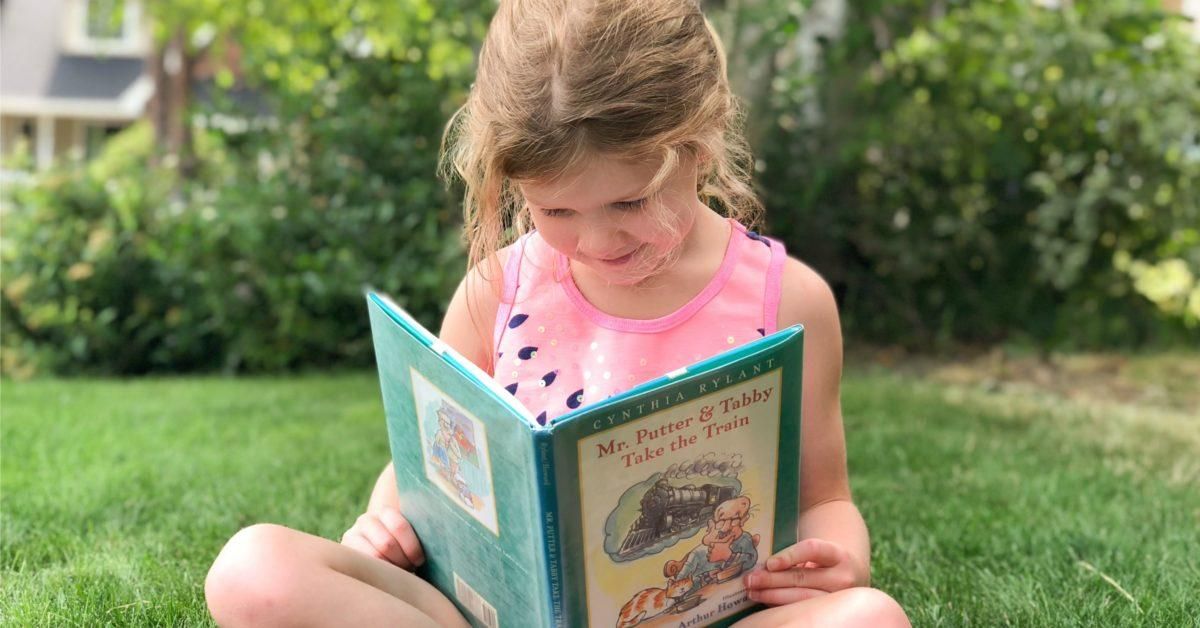 Whether it’s a children’s book or classic novel, book language is more descriptive, and tends to use more formal grammatical structures.
Whether it’s a children’s book or classic novel, book language is more descriptive, and tends to use more formal grammatical structures.
Early reading with your child is a true one-on-one opportunity for children to communicate with their parents and parents to communicate with their children. It allows children to grow their vocabulary skills with exposure to new words and listening skills they develop from hearing someone read to them that become vital to their academic success.
Studies have shown that “the more words that are in a child’s language world, the more words they will learn, and the stronger their language skills are when they reach kindergarten, the more prepared they are to be able to read, and the better they read, the more likely they will graduate from high school” (PBS.org).
Numerous studies have shown that students who are exposed to reading before preschool are more likely to do well when they reach their period of formal education.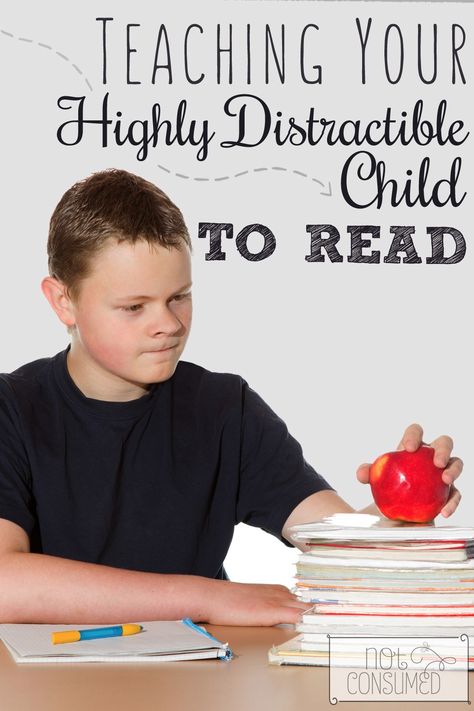 According to a study completed by the University of Michigan, there are five early reading skills that are essential for development. They are:
According to a study completed by the University of Michigan, there are five early reading skills that are essential for development. They are:
- Phonemic awareness – Being able to hear, identify, and play with individual sounds in spoken words.
- Phonics – Being able to connect the letters of written language with the sounds of spoken language.
- Vocabulary – The words kids need to know to communicate effectively.
- Reading comprehension – Being able to understand and get meaning from what has been read.
- Fluency (oral reading) – Being able to read text accurately and quickly.
While children will encounter these literacy skills and language development once they reach elementary school and beyond, you can help jumpstart their reading success by reading to them during infancy and their early toddler years.
While they won’t be able to practice fluency or phonics at that stage, they will get an earlier introduction to phonetic awareness, vocabulary and reading comprehension, all of which will set them up for success as they grow and interact with the world around them.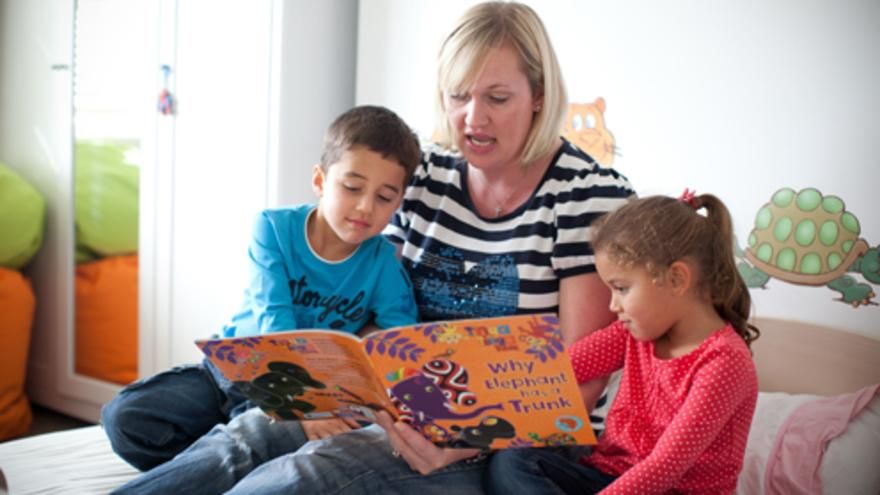
Developing a special bond with your child
It goes without saying that reading to your young child on a regular basis can help you forge a stronger relationship with them. When it comes to children, one of the most important things you can do to positively influence their development is spend time with them. Reading to your children provides a great opportunity to set up a regular, shared event where you can look forward to spending time together. With shared reading, your child will trust and expect that you will be there for them. The importance of trust to small children cannot be overstated.
Reading a favorite book to your children not only helps you bond with them, but also gives your children a sense of intimacy and well-being. This feeling of intimacy helps your child feel close to you, and the feelings of love and attention encourage positive growth and development.
With babies specifically, although they may not be able to understand what you’re saying when you read to them, reading aloud provides a level of invaluable nurturing and reassurance. Very young babies love to hear familiar voices, and reading is the perfect outlet to create this connection.
Very young babies love to hear familiar voices, and reading is the perfect outlet to create this connection.
At a broader, more scientific level, it’s the parent-child relationship, nurturing relationships between caregivers and children that set a positive life course. If you are able to read aloud with your child at a predictable, scheduled time that fits with the daily routines of home and school, you’ll be able to provide something constant that they can expect and likely even look forward to.
Reading aloud together and having a shared activity gives you and your child something to talk about, which in turn supports the development of reading and writing skills (per the vocabulary and reading comprehension areas of development mentioned above). And down the road, reading together can be used to discuss real-life experiences and issues. A children’s book can provide springboards to meaningful discussions about many different topics which can further develop a child’s critical thinking skills.
At its core, literature is one of the best ways to help kids understand something without necessarily having to experience it for themselves. Reading to your child helps to expose them to all types of subjects and concepts, building our children’s understanding of humanity and the world around them (ReadBrightly.com).
Increased concentration and disciplineIntroducing regular reading time into your child’s schedule has another benefit outside of creating shared time together: increased discipline and concentration. Very young children rarely sit still for long, and it’s oftentimes difficult to get them to focus. But when you introduce regular reading to your children, you may start to observe a change in behavior. Toddlers may initially squirm and become distracted during story time, but eventually they’ll learn to stay put for the duration of the book.
According to EarlyMoments.com, along with reading comprehension comes “a stronger self-discipline, longer attention span, and better memory retention, all of which will serve your child well when she enters school. ”
”
Young children naturally have a capacity to dream big and use their imaginations. Reading aloud to your child helps them use their imaginations to explore people, places, times, and events beyond their own experiences. Reading as an imaginative activity can open doors to all kinds of new worlds for your child. By widening your child’s imagination, your child is more likely to dream bigger and act creatively which can benefit they school, work, and life in the future.
Cultivating a lifelong love of readingAccording to Jim Trelease, author of the best-seller, The Read-Aloud Handbook: “Every time we read to a child, we’re sending a ‘pleasure’ message to the child’s brain… You could even call it a commercial, conditioning the child to associate books and print with pleasure” (ReadAloud.org)
This connection between reading and “pleasure” is crucial for success later in life. As personal development coach and speaker Brian Tracy says, your ability to expand your mind and strive for lifelong learning is critical to your success — “Learning is the minimum requirement for success in any field. ”
”
Reading is the key for lifelong learning, and if you can instill a love of reading at an early age, then a commitment to lifelong learning is sure to follow. Reading aloud presents books as sources of pleasant, valuable, and exciting experiences. Children who value books are motivated to read on their own, and will likely continue to practice independent reading throughout the rest of their lives.
When it comes to reading to your children, the benefits to your child’s life range far beyond the development of a close bond with them, although that’s certainly one of them. Reading aloud to children is truly the single-most important activity for building these understanding and skills essential for reading success that your child will carry with them all throughout their life.
To learn more about our resources for children, visit our website.
Related Articles
This website uses cookies to improve your experience. By continuing to use our site you agree to our Privacy Policy. ACCEPT
By continuing to use our site you agree to our Privacy Policy. ACCEPT
Reading with Your Child | Reading Rockets
By: Bernice Cullinan, Brod Bagert
There is no more important activity for preparing your child to succeed as a reader than reading aloud together. Fill your story times with a variety of books. Be consistent, be patient, and watch the magic work.
It's no secret that activities at home are an important supplement to the classroom, but there's more to it than that. There are things that parents can give children at home that the classrooms cannot give.
Start young and stay with it
At just a few months of age, an infant can look at pictures, listen to your voice, and point to objects on cardboard pages. Guide your child by pointing to the pictures, and say the names of the various objects. By drawing attention to pictures and associating the words with both pictures and the real-world objects, your child will learn the importance of language.
Children learn to love the sound of language before they even notice the existence of printed words on a page. Reading books aloud to children stimulates their imagination and expands their understanding of the world. It helps them develop language and listening skills and prepares them to understand the written word. When the rhythm and melody of language become a part of a child's life, learning to read will be as natural as learning to walk and talk.
Even after children learn to read by themselves, it's still important for you to read aloud together. By reading stories that are on their interest level, but beyond their reading level, you can stretch young readers' understanding and motivate them to improve their skills.
It’s part of life
Although the life of a parent is often hectic, you should try to read with your child at least once a day at a regularly scheduled time. But don't be discouraged if you skip a day or don't always keep to your schedule. Just read to your child as often as you possibly can.
If you have more than one child, try to spend some time reading alone with each child, especially if they're more than two years apart. However, it's also fine to read to children at different stages and ages at the same time. Most children enjoy listening to many types of stories. When stories are complex, children can still get the idea and can be encouraged to ask questions. When stories are easy or familiar, youngsters enjoy these "old friends" and may even help in the reading.
Taking the time to read with your children on a regular basis sends an important message: Reading is worthwhile.
One more time
You may go through a period when your child favors one book and wants it read night after night. It is not unusual for children to favor a particular story, and this can be boring for parents. Keep in mind, however, that a favorite story may speak to your child's interests or emotional needs. Be patient. Continue to expose your children to a wealth of books and eventually they will be ready for more stories.
Talking about stories
It's often a good idea to talk about a story you are reading, but you need not feel compelled to talk about every story. Good stories will encourage a love for reading, with or without conversation. And sometimes children need time to think about stories they have read. A day or so later, don't be surprised if your child mentions something from a story you've read together.
Remember when you were very young
It will help, however, if we open our eyes to some things adult readers tend to take for granted. It's easier to be patient when we remember how much children do not know. Here are a few concepts we adults know so well we forget sometimes we ever learned them.
- There's a difference between words and pictures. Point to the print as you read aloud.
- Words on a page have meaning, and that is what we learn to read.
- Words go across the page from left to right. Follow with your finger as you read.
- Words on a page are made up of letters and are separated by a space.
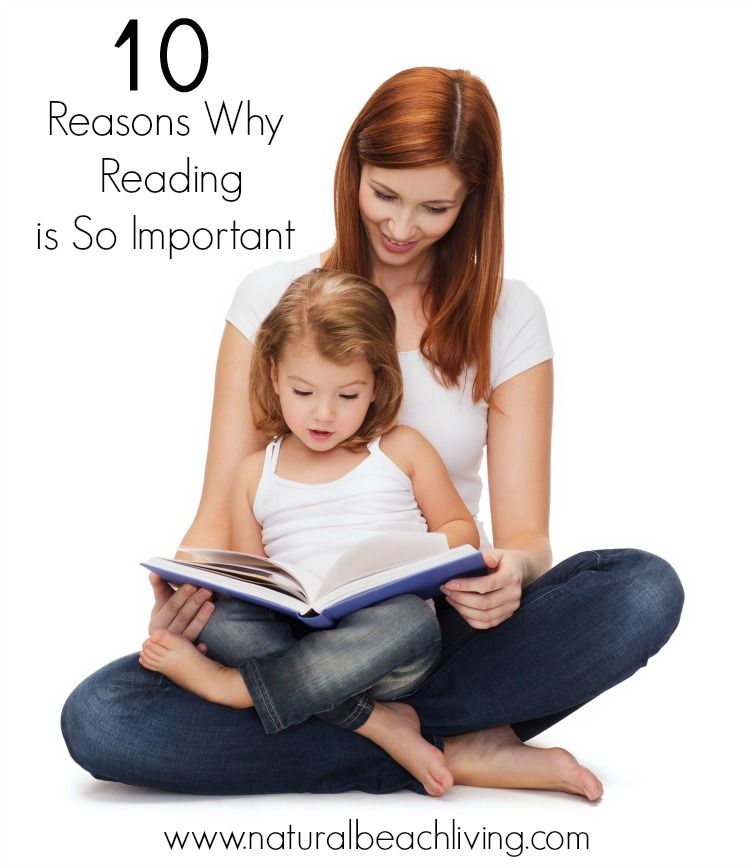
- Each letter has at least two forms: one for capital letters and and one for small letters.
These are examples of hieroglyphics.
Imagine how you would feel if you were trying to interpret a book full of such symbols. That's how young readers feel. But, a little patience (maybe by turning it into a puzzle you can solve together) is certain to build confidence.
Advertise the joy of reading!
Our goal is to motivate children to want to read so they will practice reading independently and, thus, become fluent readers. That happens when children enjoy reading. We parents can do for reading what fast food chains do for hamburgers? ADVERTISE! And we advertise by reading great stories and poems to children.
We can help our children find the tools they need to succeed in life. Having access to information through the printed word is an absolute necessity. Knowledge is power, and books are full of it. But reading is more than just a practical tool. Through books we can enrich our minds; we can also relax and enjoy some precious leisure moments.
Through books we can enrich our minds; we can also relax and enjoy some precious leisure moments.
With your help, your children can begin a lifelong relationship with the printed word, so they grow into adults who read easily and frequently whether for business, knowledge, or pleasure.
Why is it so important to read aloud to a child
Until a certain age, there is such a ritual in a child's life as reading aloud. Mom, grandmother, older brothers and sisters read poems, fairy tales, stories about animals to the baby. What is it - a way to entertain a child, instill in him a love of books, or something even more important? Evgenia Andreicheva, teacher of English, postgraduate student of the Department of Foreign Philology at Moscow State Pedagogical University, discusses this topic.
Evgenia Andreicheva, teacher of English, post-graduate student of the Department of Foreign Philology, Moscow State Pedagogical University
Back in the 1980s in the United States, researchers noticed that people began to read less.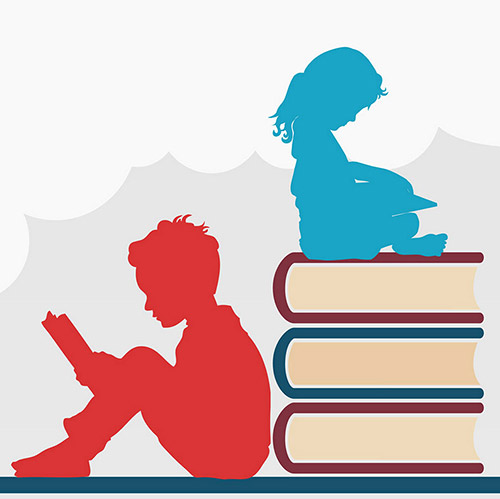 Then television began to develop actively. Things are much worse now, with the current abundance and availability of gadgets and the Internet. But without reading, the brain of an adult slows down its work, and literature is simply necessary for a child for proper development. Why is it important to read to children?
Then television began to develop actively. Things are much worse now, with the current abundance and availability of gadgets and the Internet. But without reading, the brain of an adult slows down its work, and literature is simply necessary for a child for proper development. Why is it important to read to children?
Why should a child read
Reading is a load on the brain. By reading, we train it in the same way that we train muscles by playing sports. Scientists have long proven that people who read and live longer. What can we say about a small person whose neurophysiological processes are just starting to work actively? He needs reading like air! And while the baby himself cannot read, the help of parents is invaluable here. What gives children reading aloud?
Speech development
Children to whom their parents read regularly are more likely to start speaking earlier than their peers, and their speech is richer. The fact is that in everyday life we use vocabulary and grammar of a low order, often even vernacular.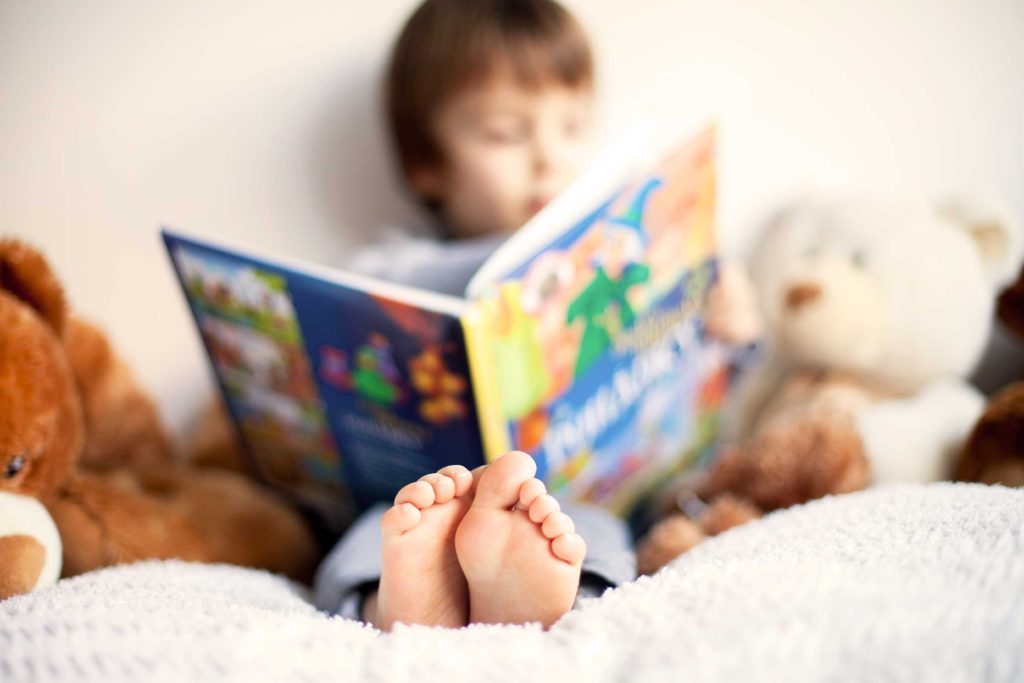 The books, on the other hand, use a rich literary language, saturated with a variety of speech turns. That difficult grammar that is in books helps children develop logic. Logic is necessary for correct thinking. And formed speech is formed thinking. Thanks to books, the child not only draws new words, learns to pronounce and use them correctly, he also trains logical thinking.
The books, on the other hand, use a rich literary language, saturated with a variety of speech turns. That difficult grammar that is in books helps children develop logic. Logic is necessary for correct thinking. And formed speech is formed thinking. Thanks to books, the child not only draws new words, learns to pronounce and use them correctly, he also trains logical thinking.
Development of the imagination
Imagination and fantasy are generators of new ideas and non-standard solutions. No cartoon is able to develop the imagination the way a book does. When a child listens to a fairy tale, he mentally draws a picture for himself, imagines what the characters and scenery look like. This is a kind of work, and completely independent. If children are offered a cartoon, then they will not be able to be active participants in the process: the action with all the details has already been drawn for them. Children can only be passive spectators.
Advertisement for independent reading
Any teacher will immediately identify children who read. They better understand the meaning of what they read, correctly formulate their thoughts, build statements logically, write more competently, remember information better. It is worth teaching children to read from the cradle. This is not about early learning to read, but about reading aloud.
They better understand the meaning of what they read, correctly formulate their thoughts, build statements logically, write more competently, remember information better. It is worth teaching children to read from the cradle. This is not about early learning to read, but about reading aloud.
Offer a book to your little ones as a toy. Look at the pictures together, comment on them, pronounce the sounds of animals or objects depicted on the pages, invite the baby to turn the pages himself - this is a great exercise for developing fine motor skills. If the kid tears the pages, explain to him calmly that this is not worth doing, and hand him books with cardboard sheets.
Try not to abuse publications with buttons and sound signals, let the book remain a book, and the kid will enjoy reading. In the future, the child himself will be drawn to literature. At the same time, do not forget to read in front of the children yourself. Choose paper editions.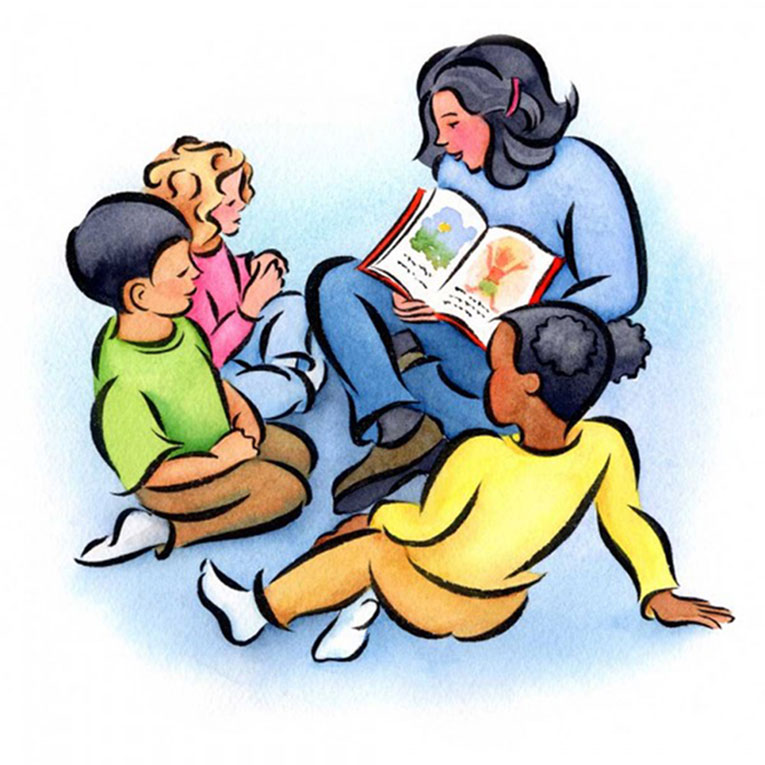
Listening training
Listening skills, i.e. listening, are now essential. First, many school exams test this skill (the USE in particular). Secondly, it is simply necessary for the harmonious study of foreign languages. Thirdly, we are in contact with people very often, and we need to quickly and clearly understand what we hear. Thus, we need listening in everyday life. It is reading fairy tales, poems and rhymes aloud that gives the child the opportunity to “train his ears”.
Intimacy with parents
Every time a parent reads to a child, magic happens: family unity and unity. Children feel warmth and parental care. Listening to the speech of mom or dad, the child calms down, stress and fatigue during the day are reduced. The voice of the parents helps to relax and sleep better. The elders, in turn, also get vivid emotions from communicating with children and literature. Together you live the joyful moments of the plot, sympathize with the characters, try to solve a difficult problem and help the characters.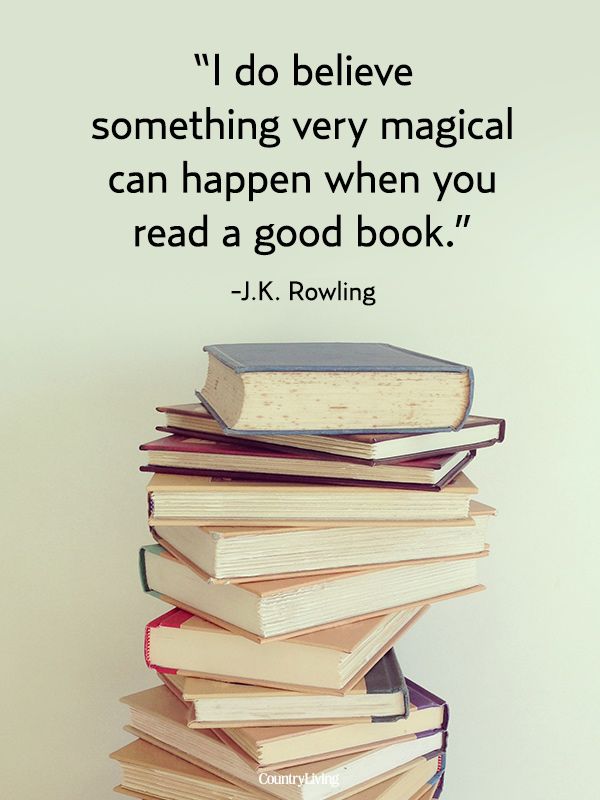 Great moments when you and your children travel together without leaving home.
Great moments when you and your children travel together without leaving home.
Solving many problems
Reading a story to your child can help you "talk" him, especially if you feel that he has problems that he is silent about. Often the kid himself begins to talk about what worries him, having met with a similar situation in a fairy tale. Even if he does not talk about the problem, he will hear from the plot how to solve it. You can also discuss the right and wrong actions of the heroes, this will be clearer than any parental instruction on how to and what not to do.
When and what to start reading to children
Start reading to your baby before he is born. A mother's voice has been proven to calm the baby in the womb. After the birth, continue to read to him. Read to lull the child. A little later, read and show the illustrations.
At six months , the baby will listen with pleasure to small, unpretentious works based on rhymes or repetitions. These include "Turnip", "Cockerel, golden comb" and other nursery rhymes. In the year , a child can be offered short fairy tales, works by Korney Chukovsky, poems by Agnia Barto. Closer to two , you can move on to longer tales by Vladimir Suteev or Eduard Uspensky. Starting from the age of three , you can significantly expand the children's home library, supplementing it with long fairy tales or large works divided into chapters. These are works by Sergei Kozlov, Vitaly Bianchi, Sofia Prokofieva and other famous writers.
These include "Turnip", "Cockerel, golden comb" and other nursery rhymes. In the year , a child can be offered short fairy tales, works by Korney Chukovsky, poems by Agnia Barto. Closer to two , you can move on to longer tales by Vladimir Suteev or Eduard Uspensky. Starting from the age of three , you can significantly expand the children's home library, supplementing it with long fairy tales or large works divided into chapters. These are works by Sergei Kozlov, Vitaly Bianchi, Sofia Prokofieva and other famous writers.
Choose fairy tales according to your child's interests. Let your library be diverse. Be sure to pay attention to the illustrations. They should be colorful, contrasting and of high quality. Try to choose books in which the text and illustrations match on the spread. If a child cannot sit and listen to a fairy tale calmly, give him the opportunity to change position, crawl, and so on. Do not constrain his movements: preschool children are restless due to their psychophysical development.
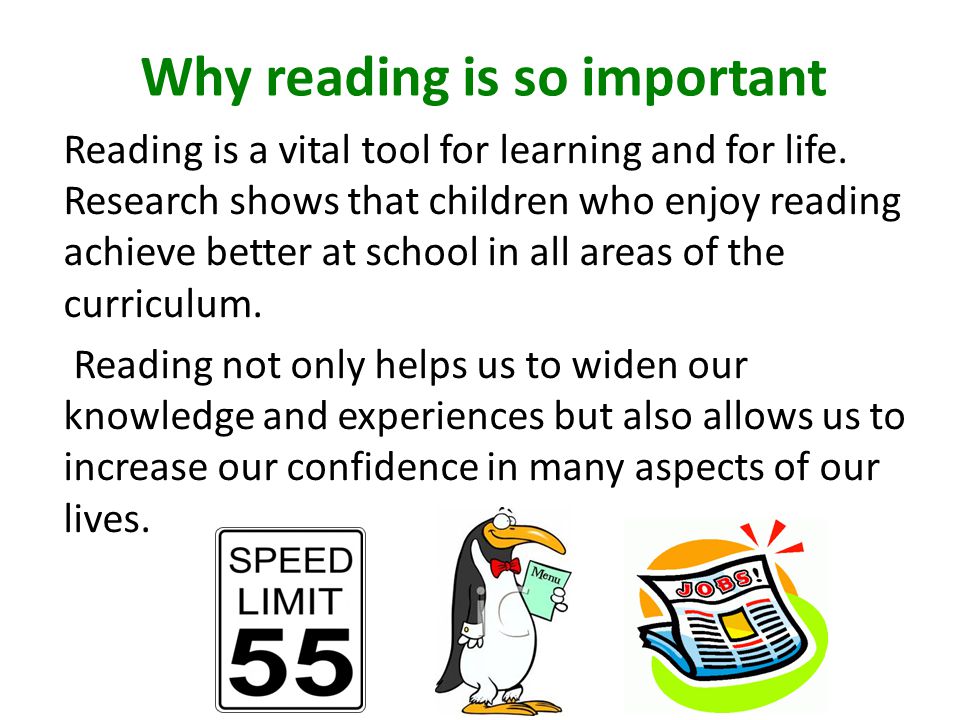
Read the same story as many times as the child asks, this is his comfort zone. Perhaps with her help he is working on some situation, or maybe he just really likes the illustrations. Do not deprive him of positive emotions. Do not impose your choice of a fairy tale on a child, leave this right to him.
How to read to children
This should be done thoughtfully and measuredly, your reading should not be formal. Give yourself to the process with all your heart, put meaning into your speech. Read, imitating different voices and intonations. Let the sound even be hypertrophied and slightly grotesque. Emphasize key points, slow down and speed up, sometimes go into a whisper. Sometimes stop on purpose, get distracted by closing the book, and ask the child to remind you what you read about and where you left off. Emphasize those sounds, the pronunciation of which causes difficulties for the child.
Try to discuss the illustrations and be sure to talk about what you have read. Ask the child's opinion about the fairy tale, characters, actions. Ask what he would do in this or that situation. Make reading your daily family ritual. Read to your baby before bed or when you need to calm him down a bit. Try not to refuse the child when he asks you to read. And let the book be the best gift for your children!
Ask the child's opinion about the fairy tale, characters, actions. Ask what he would do in this or that situation. Make reading your daily family ritual. Read to your baby before bed or when you need to calm him down a bit. Try not to refuse the child when he asks you to read. And let the book be the best gift for your children!
See also:
“None of the children have tried a turnip and don’t know that a gingerbread man is such a pie”: guests of the “Oh! Children” talked about whether modern children need books
6 comics that are interesting and useful to read
Why read Russian fairy tales to children?
Photo: Yuganov Konstantin, George Rudy/Shutterstock.com
books
Why read books to children
As soon as Tamara was born, her grandmother began to read aloud to her. And when the girl was only a year old, she already had a rich vocabulary for her age, which she freely used, talking smartly with adults.
In addition, she not only loved having people read to her, but by the age of four she knew how to read and liked to read herself. Now older, she says: “The most pleasant memories from my childhood were those quiet and long evenings when my grandmother read aloud to me. Bright books, they smelled so pleasant, grandmother's warm hands and her soft voice, made all those stories so amazing, we rejoiced and worried together, and lived through them.
How to instill in children a love of reading?
Reading to children can be compared to advertising that encourages the child's brain to respond to books as pleasure, because every time parents read to their child, they send a “pleasure” signal to the child's brain.
"If parents love to read, then, as a rule, their children do too," said one neurolinguist. After all, our children absorb everything like sponges and learn everything very quickly. Studies show that a child's brain develops most intensively before the age of three, so you need to start instilling a love of reading even before he learns to speak.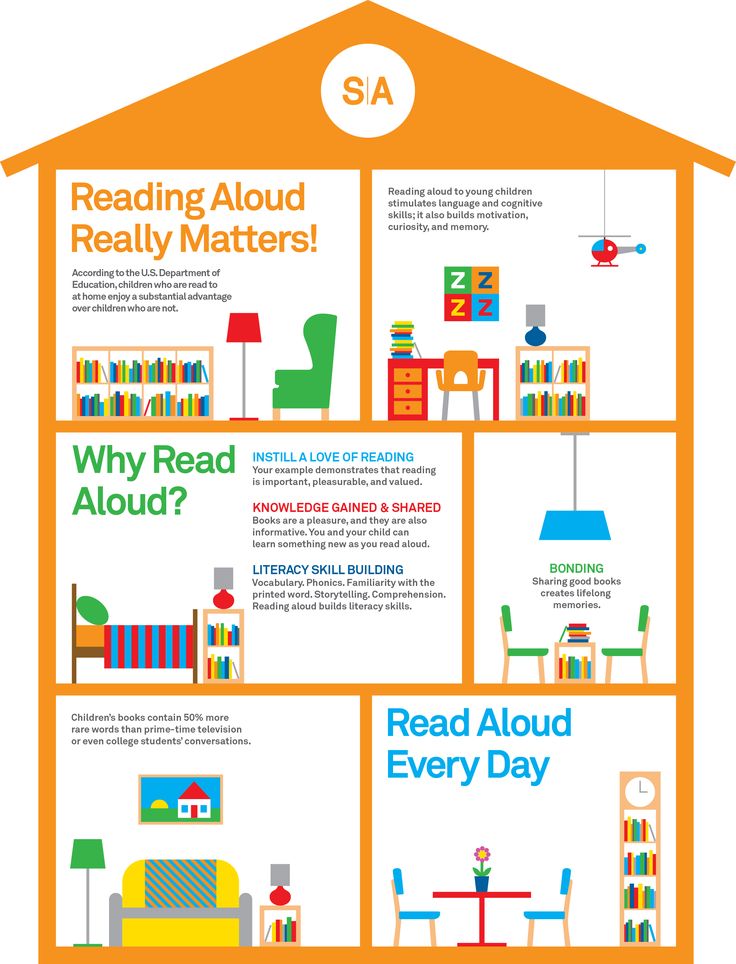
How to make reading enjoyable for children?
When children see that their parents enjoy reading for themselves, they begin to imitate them. In our age of the Internet, electronic games and television, many do not consider it necessary to read to their children - turn on some cartoons for them and let them have fun themselves. But the time spent reading children's books can be the most enjoyable activity for a child when parents laugh and grieve with him. No cartoon can replace a mother hugging her baby and reading, in such a familiar voice, his favorite book.
For a pleasant reading atmosphere, never force your child to listen to you read for longer than he wants to. Be smart and finish reading on time. Do not allow reading to cause negative emotions in the baby. If the book is not interesting to you or the child, it will only bring harm, because such reading will not give any of you pleasure.
Try not to make reading children's books monotonous pronunciation of printed words.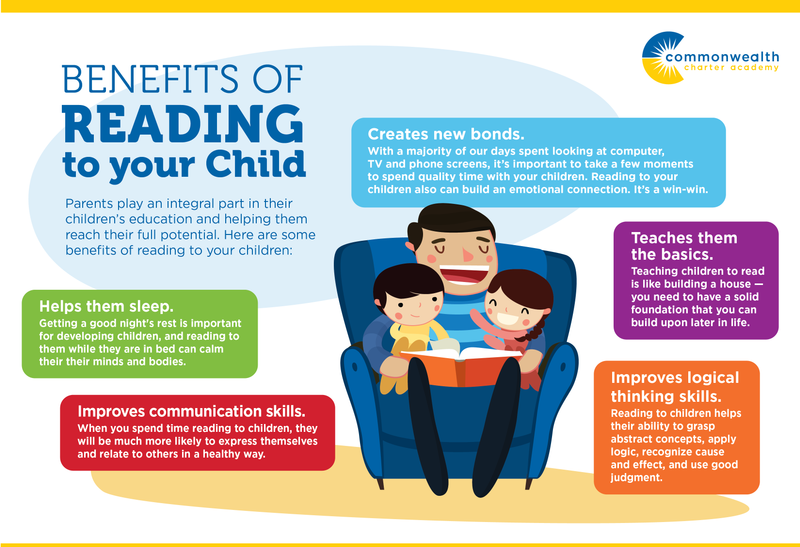 Have your child sit next to you or take him in your arms, let him turn the pages himself, let him interrupt you and ask questions that concern him. Try to read expressively, slowly, with a change in intonation, and so that the child does not get bored, enliven your reading even more: gesture, change your voice, portray, for example, animals. Those children who are read to every day at the same time look forward to this moment.
Have your child sit next to you or take him in your arms, let him turn the pages himself, let him interrupt you and ask questions that concern him. Try to read expressively, slowly, with a change in intonation, and so that the child does not get bored, enliven your reading even more: gesture, change your voice, portray, for example, animals. Those children who are read to every day at the same time look forward to this moment.
Find out what your son or daughter is really interested in and try to focus more on that. You can read to your children even when they have already learned to read on their own. Reading can be supplemented with drawing, music and hiking in nature.
How does reading help develop trusting relationships with children?
In early childhood, the foundation of the future character is laid, and the personality traits of a person are formed, which will influence his entire subsequent life and the life of his loved ones. And how important it is not to miss this precious time to lay the foundation for a warm and trusting relationship with your children.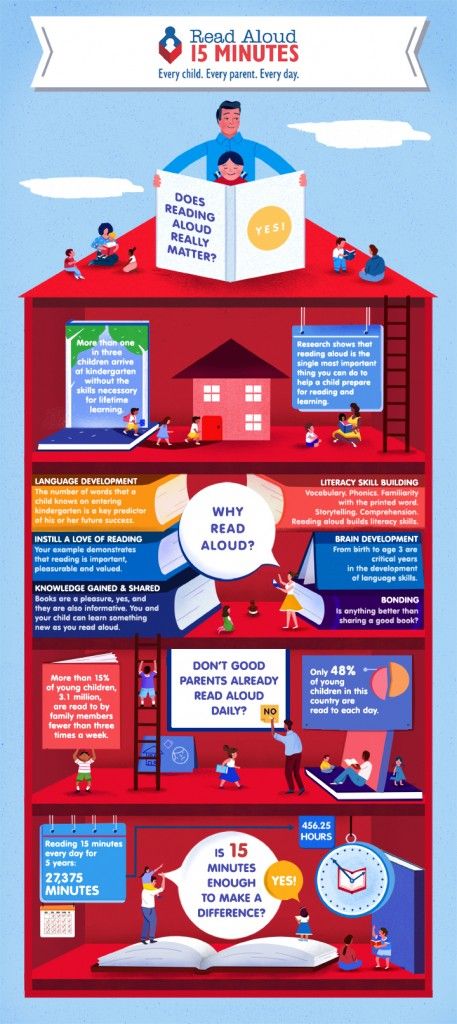 Reading aloud to children can have an important impact on this. When loving parents take their child in their arms and read a bright and interesting book to him, at this moment the children understand that they are dear to their parents and loved by them, they feel and think with them.
Reading aloud to children can have an important impact on this. When loving parents take their child in their arms and read a bright and interesting book to him, at this moment the children understand that they are dear to their parents and loved by them, they feel and think with them.
Reading is complete food for the mind
When children are read aloud, they are introduced to printed letters from an early age and learn that the written characters in these books correspond to the spoken words. Well-chosen books will help your child think clearly and master their language well. If a person is fluent in his language, he will be able to correctly express his thoughts, and this, in turn, is the key to mutual understanding between people. After all, reading to children will help activate synaptic connections in their receptive brain. If, together with children, not only to read books, but also to talk about what they have read, this will develop their intelligence and memory.